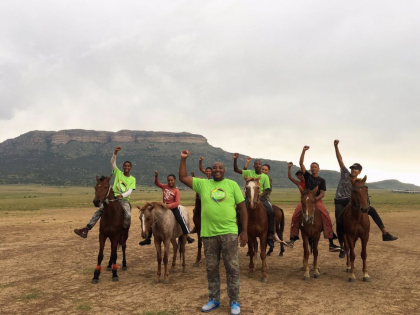
An allegiance to abusers
This weekend, Chris Brown will perform two sold-out concerts in South Africa. His relationship to the country reveals the twisted dynamic between a black American artist with a track record of violence and a country happy to receive him.


















